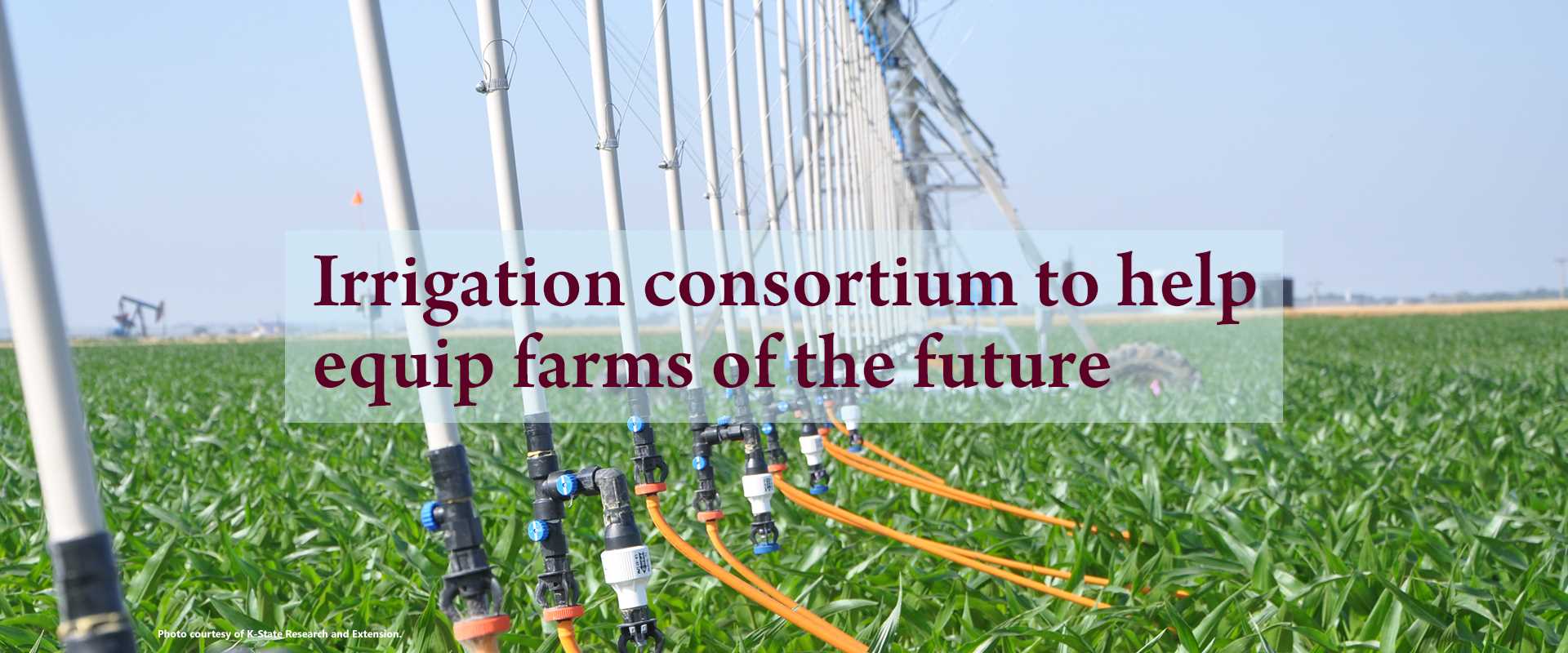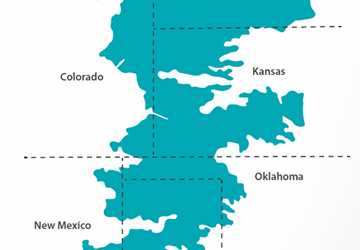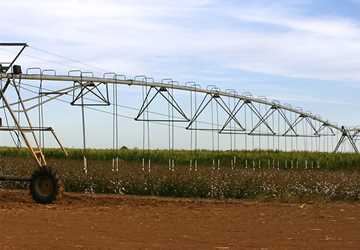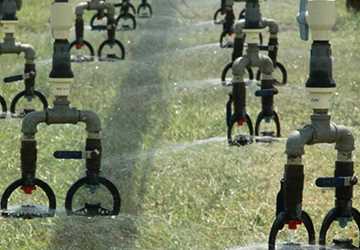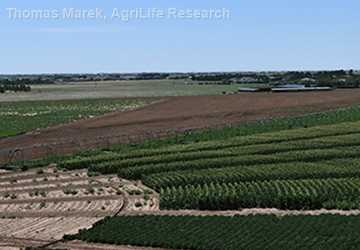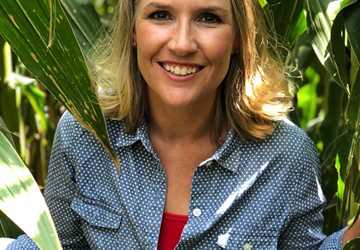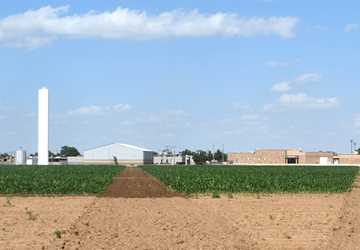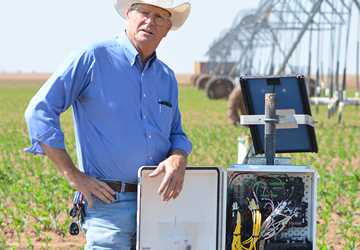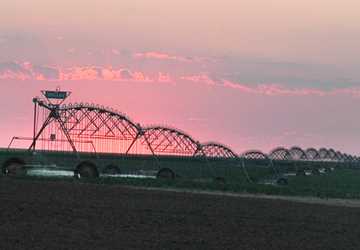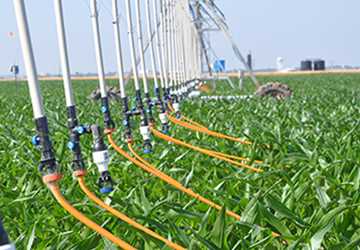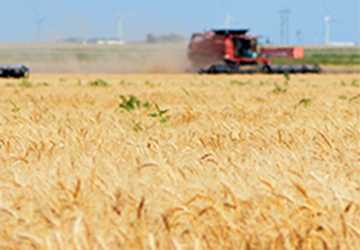Four universities that are part of the Ogallala Aquifer Program and the Ogallala Water Coordinated Agriculture Project are involved in a new group that will advance irrigation innovation to equip “farms of the future,” according to officials.
The Irrigation Innovation Consortium was launched in 2018 as part a five-year, $5 million grant from the Foundation for Food and Agriculture Research (FFAR), a nonprofit organization established through bipartisan congressional support in the 2014 Farm Bill.
The consortium is a collaborative research effort to accelerate the development and adoption of practical water- and energy-efficient irrigation technologies and practices through public-private partnerships.
Partners in the two Ogallala projects — Texas A&M AgriLife Research, Colorado State University, Kansas State Research and Extension at Kansas State University and the Robert B. Daugherty Water for Food Global Institute at the University of Nebraska — are members. California State University, Fresno as well as industry partners, Irrigation Association (IA), Jain Irrigation, Lindsay Corporation, Northern Water and Rubicon Water, are also founding partners.
Dr. Reagan Waskom, director of the Colorado Water Institute at Colorado State University and lead for the consortium, said the consortium is specifically focused on innovation in irrigation technology in both the agricultural and urban sectors and fulfills an important role for the future of irrigation.
“Big changes are coming to the world of irrigation technology as the ‘internet of things’ and ‘big data’ transform the decision process,” Waskom said. “Producers need a trusted source of research-based information to use these technologies.”
He said there is also a huge need to develop the irrigation work force both domestically and internationally and to educate the next generation of irrigation professionals.
The consortium plans to build a program where new irrigation technology can be developed, fostered, tested and demonstrated to end users.
“Single university programs are just not adequate to address the geographic and technical scale, the pace of industry change and the scope of information needs in the user sector,” he said. “We need a network of universities working together to meet these needs.”
The consortium has funded 15 projects within the five universities and is seeking additional industry partners to work alongside the universities as research and training programs are developed, Waskom said.
The executive committee is comprised of Waskom, Deborah Hamlin of the Irrigation Association, Dr. LaKisha Odom of the Foundation for Food and Agriculture Research, Dr. David Zoldoske of California State University, Fresno, Dr. Christopher Neale of the Daugherty Water for Food Global Institute at the University of Nebraska, Dr. Daniel Devlin of Kansas State Research and Extension, and Dr. Brent Auvermann of Texas A&M AgriLife Research. Dr. Stephen Smith of Wade Water LLC and Buena Vida Farm is the executive director of the consortium.
For more information, visit the consortium’s website.
Explore this Issue
Authors
As the former communications manager for TWRI, Kathy Wythe provided leadership for the institute's communications, including a magazine, newsletters, brochures, social media, media relations and special projects.

